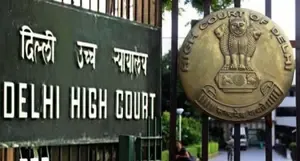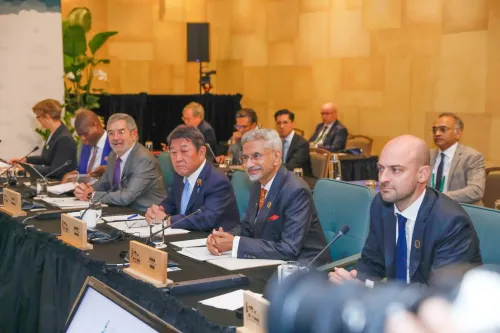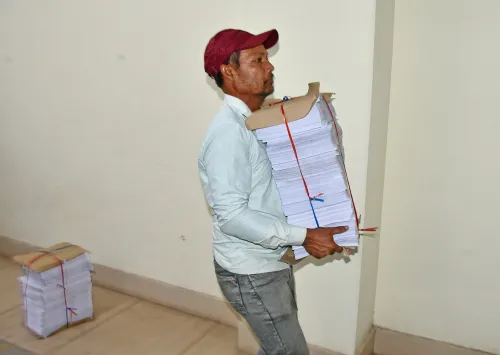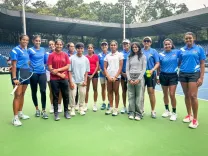Should SBI Reconsider Relaxation for Visually Impaired Officers?

Synopsis
Key Takeaways
- Delhi High Court urges SBI to reconsider testing accommodations.
- Importance of the RPwD Act in promoting disability rights.
- Need for inclusive policies in public sector recruitment.
- Equal treatment can lead to unequal outcomes for PwDs.
- Potential for a second chance in testing for the petitioner.
New Delhi, Nov 12 (NationPress) The Delhi High Court has urged the State Bank of India (SBI) to reassess the possibility of providing additional relaxation or reasonable accommodations in the confirmation test for probationary officers with benchmark disabilities. The court emphasized that the public sector bank must uphold the principles of the Rights of Persons with Disabilities (RPwD) Act, 2016 to avoid any infringement.
A panel comprising Justices Navin Chawla and Madhu Jain examined a petition from a visually impaired individual who was dismissed from his position after not passing the confirmation test on two occasions.
This petitioner, who is completely blind and belongs to the OBC category, initially joined the State Bank of Bikaner and Jaipur (SBBJ) in 2015, which subsequently merged with SBI.
The individual contested his dismissal and the validity of Rule 16 of the SBI Officers’ Service Rules, 1992, arguing that it discriminated against persons with disabilities (PwDs) by treating them equally with general candidates.
The petition contended that “equal treatment may lead to unequal results” and requested acknowledgment of the “right to access to opportunity” as part of Article 21 of the Constitution.
While the Delhi High Court denied the petitioner's request for reservation in the confirmation test, it asserted that the RPwD Act “does not provide further reservation at that stage”, clarifying that reservation applies during recruitment, not during confirmation.
Although the Justice Chawla-led Bench dismissed the petition to annul the rule and the termination, it underscored that SBI should operate in alignment with the essence of the RPwD Act.
“The respondents (bank authorities) cannot undermine the objectives of the RPwD Act or strip away what it provides to PwDs due to the Act’s mandates,” the Delhi High Court stated.
It instructed SBI to “consider if further relaxation can be given in the confirmation test for purposes of accommodating the petitioner and other PwD candidates or reasonable accommodations in the manner or mode of the confirmation test” to ensure that the spirit of the RPwD Act is upheld.
The Justice Chawla-led Bench granted SBI a period of four weeks to reach a decision and communicate it to the petitioner. If a more lenient standard or modified testing approach is implemented, “the same benefit shall be extended to the petitioner by providing him another opportunity to participate in the screening test.”









